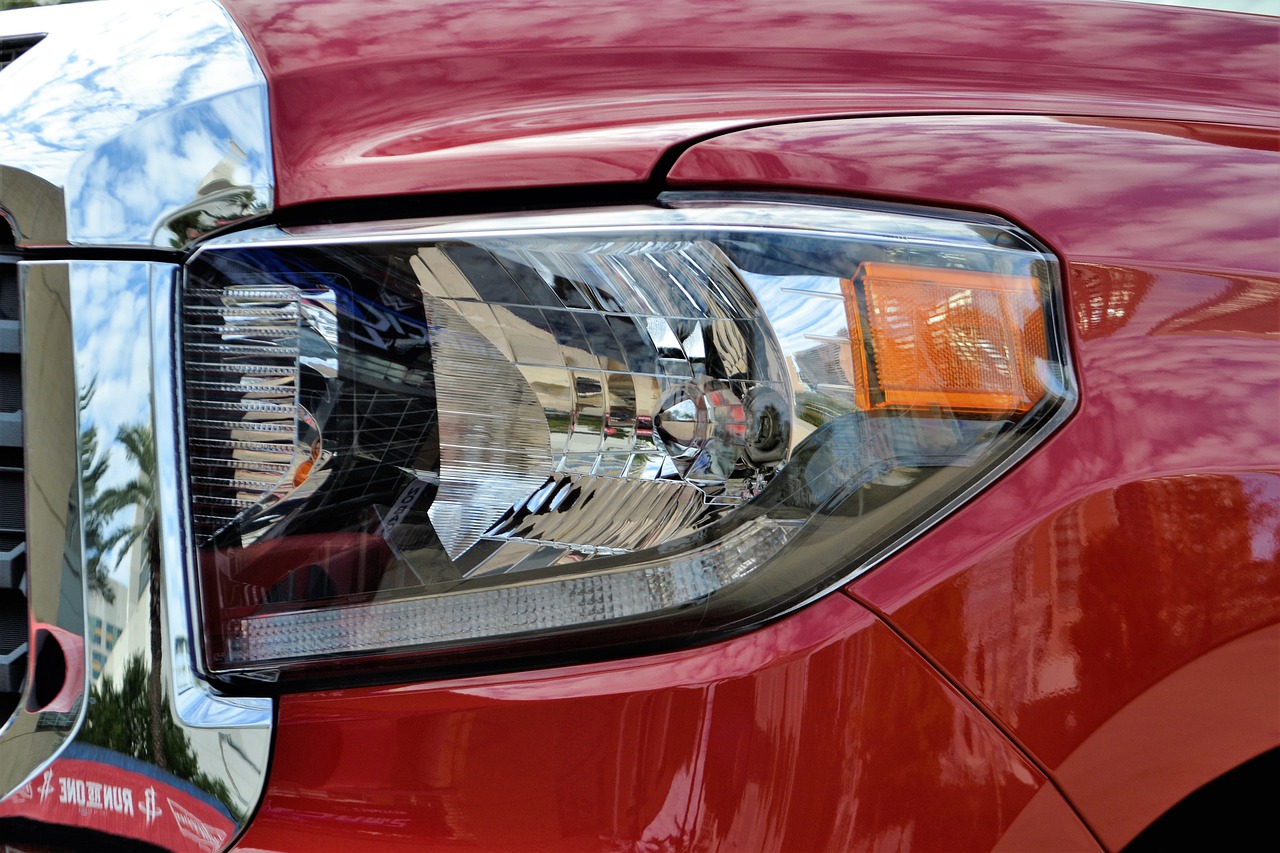Vehicle Purchases

![]()
![]()
I commonly receive questions from my clients when they’re purchasing a new company vehicle. They want to know if they should buy the vehicle through the business name, or through their personal name. So, I’ve got a few tips to help you make a good decision.
First off, look at how the business will use the vehicle. Will employees of the business be driving the vehicle, besides the owner of the company? If so, you want to probably but that under the business’s name so you can list it on your commercial insurance policy and make sure that your risk is covered if an employee were to have an accident. If this will be a vehicle that will be primarily driven by the owner of the business, then you may want to look at a couple of different scenarios. If you buy the vehicle through the business, first off, you’ll probably have some higher costs. You will, again, have to cover it on your commercial insurance policy, which sometimes eliminates some discounts you may get through your insurance carrier if that vehicle is owned personally. You will also probably need commercial license plates, commercial property taxes, depending on your state and local taxing, and also have commercial financing rates if you’re financing the vehicle’s purchase. Generally, we find the interest rates are higher for a business purchase than a personal purchase. So those are some costs to consider.
Secondly, if you choose to buy the vehicle through the business, there will be some W-2 effects. The owner will have to have their business mileage and personal mileage separated, and they will have to have an inclusion in their W-2 and pay some Social Security Medicare taxes on the personal use part of the vehicle if the business owns it and they drive it for personal purposes, as well. Keep in mind, commuting from home to an office is also a personal use expense, it is not a business expense.
Next up, if you choose to buy the vehicle through your personal name, there are some pretty good advantages. You can have the business reimburse your mileage at the Federal Standard Mileage rate, which is currently about 62.5 (for 2022) cents a mile. That changes from year to year. But that will allow you to submit your business mileage to the business, and have them reimburse it to you tax-free at that amount. So there could be some substantial tax benefit to doing it this way. If your vehicle is over 6,000 pounds GVWR, gross vehicle weight, then there may be some special tax write-offs that we can utilize. That’s generally going to be a 4-wheel drive vehicle, or a bigger SUV, almost always 4-wheel drive. There are some special tax deductions that you can use if you’re using the vehicle for more than 75% business purpose. We can talk a little bit about that if you run into that scenario.
But, just to kind of give you a summary, I think in most cases, if you have an employee going to be driving the vehicle, you’ll want to buy it through the business. If it’s strictly the owner, most times you’re going to be better off to buy it personally. You have a little more flexibility, and you may be able to gain some tax advantages by reimbursing yourself that business mileage.
If you’d like to talk more about vehicle deductions, schedule a call and let’s talk.

Roofing is a family business. Marjorie knows because she grew up in the industry. So for her, providing support and business guidance to roofing companies is personal. Nothing gives her greater satisfaction than seeing your business grow and achieve its full potential. When she’s not working on profit planning and tax strategies for her Rooferpreneurs, she enjoys traveling with her husband Dale and Thunder the Wunder Poodle in their RV.
